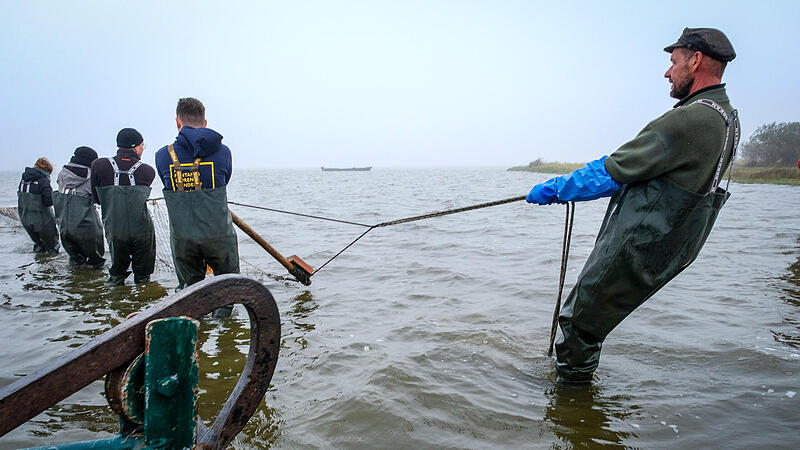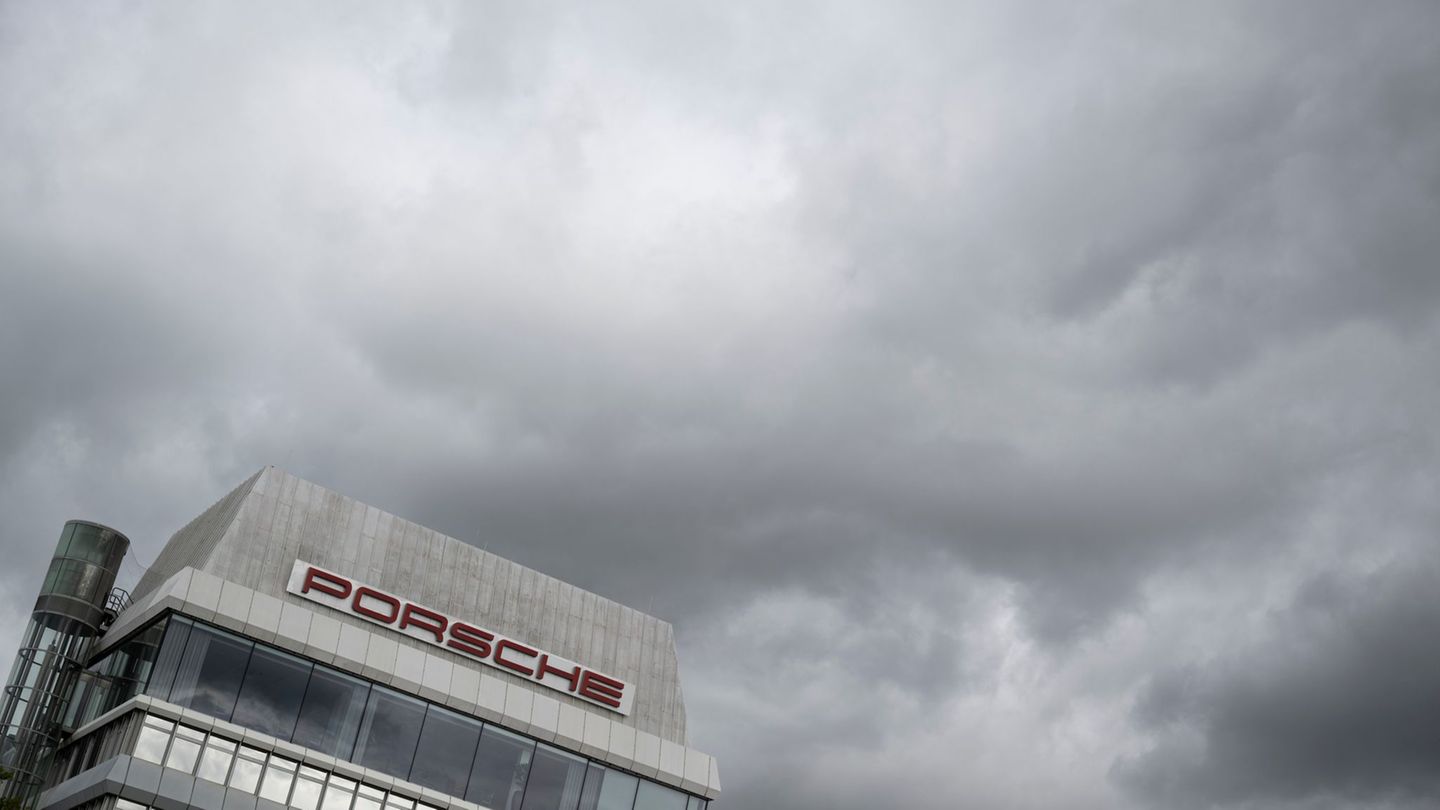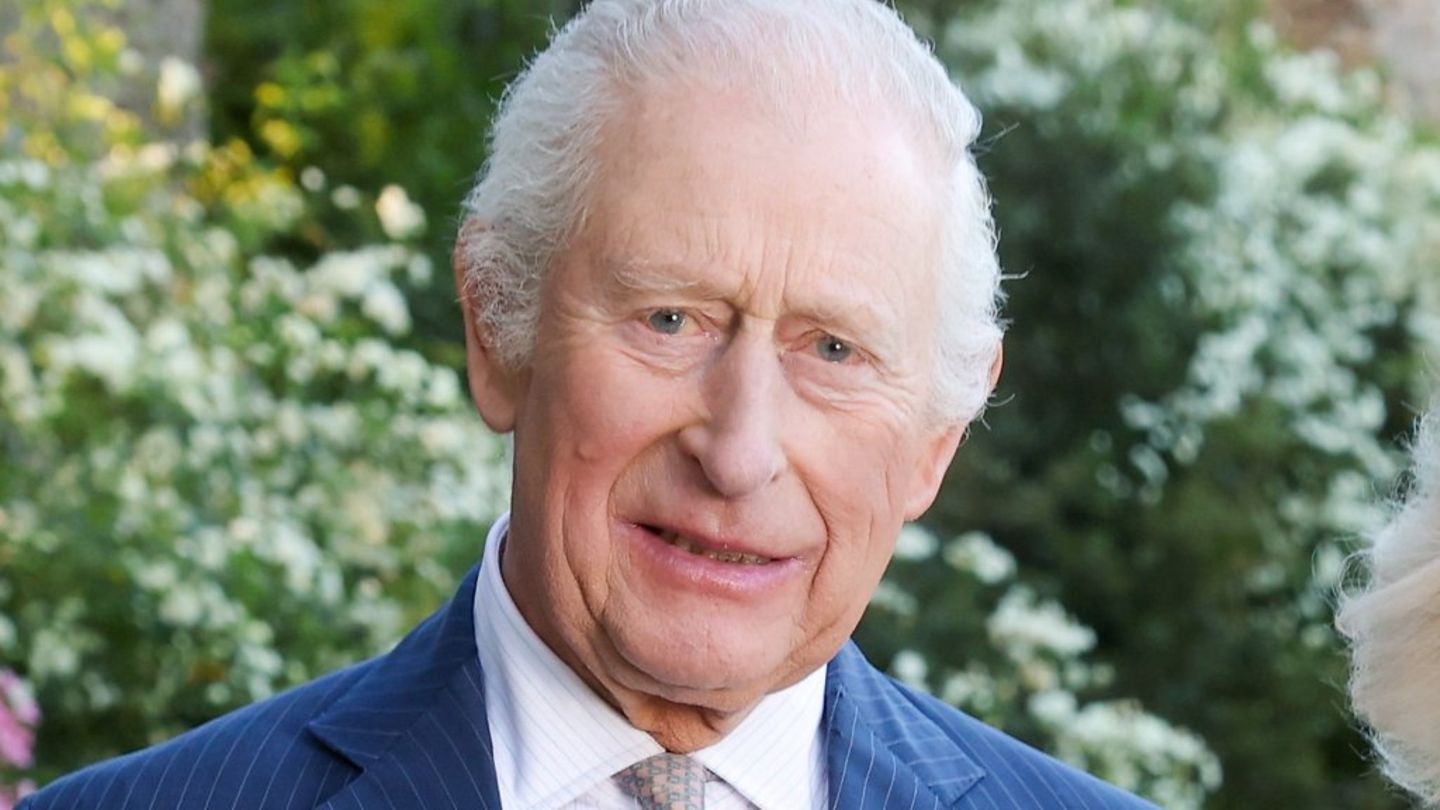Actually, he wanted to remain serious. “Pull, pull hard! There’s nothing else to eat today,” Wolfgang Schröder calls grimly to the three helpers who are handling the net waist-deep in the water. When he sees the confused looks, he reveals himself with a discreet grin. Is that considered North German humor here in Brandenburg? Pretty dry for someone who works on the water.
Schröder is one of the last Havel fishermen. Its territory is northwest of Rathenow on the last stretch of the Rhin between Havel and Gülper See. There, the 55-year-old pulls out carp, pike and bream and invites tourists to join in.
If you don’t catch anything, you won’t get anything to eat later? Of course, Schröder doesn’t mean this threat seriously. Nevertheless, the three helpers are now pressing their rubber boots more vehemently into the soft ground, grabbing more resolutely and pulling the net with the morning’s catch in the direction of the boat.
Waders and fresh fish
Schröder takes guests ten times a year to fish together, equips them with waders and then treats them to fresh fish. The total tourist package costs 75 euros. “People are looking for a special adventure – and it doesn’t always have to be spectacular and loud,” says the bearded outdoorsman. “Tackling together is also a great experience,” he says, and with a brief nod of his head, refers to the hobby fishermen who are clearly enjoying their job in the 1.20 meter deep lake. The net, which was previously laid out in a circle, is now quickly caught up by them.
The mood does not deteriorate when it turns out that the yield is poor. “Of course, there is no guarantee of a catch for the guests,” says Schröder. “After all, it’s not a safari where you can drive past any herds in a jeep.” Still, no one is disappointed. Only the seagulls, who have been patiently circling above the small fishing team for more than an hour, now turn away, scolding.
“Sometimes there’s more, sometimes less on the net,” says the tall man and, lost in thought, looks at the other bank, which has just cleared the morning mist. A truism that Wolfgang Schröder was able to recite as a child. After all, his family has experience with the catch quota – the fish trade has secured their livelihood for many generations.
In 1996 he took over the business from his father. But living from fishing alone is not always easy. That’s why Schröder, who delivers his catch to numerous restaurants in the region, came up with more. He not only offers tours, but also rents canoes, runs a snack bar and sells home-made delicacies in his farm shop, from bream brine to carp and tomato stock to roe cream.
But fishing is and remains Schröder’s first passion. He goes out with one of his employees three or four times a week. Morning routine? “Nope, I can always enjoy a beautiful sunrise. And anyway: It’s all a nature reserve. It’s totally quiet here,” he says. “Well, except for the occasional bird song, which attracts ornithologists from all over Germany.”
tens of thousands of birds
Occasional bird song? That sounds like angler’s latin or a mighty understatement. The Gülper See nature reserve in West Havelland – around 70 kilometers west of Berlin – has been one of the oldest nature reserves in Germany since it was designated in 1967. Every year, tens of thousands of geese, cranes, ducks and waders use the place to rest on their exhausting trains.
Not only ornithologists appreciate this region. Even those who love the unclouded view of the starry sky come to the area, which is one of the darkest places in Germany due to the sparse population and the low level of artificial lighting. “Yes, the stars. For many holidaymakers, they are also one of the sights to behold,” says Fischer Schröder.
- Info: fischerei-schroeder.eu; dein-havelland.de
Source: Nachrichten




